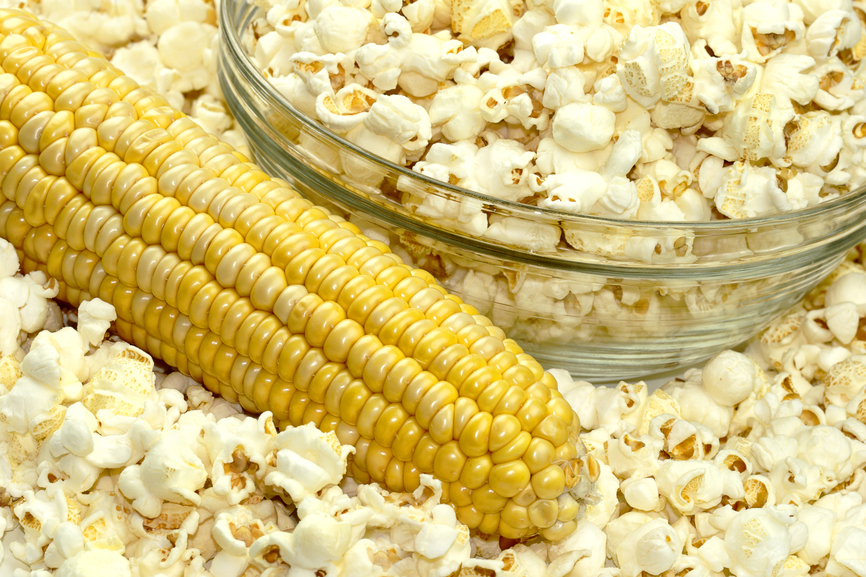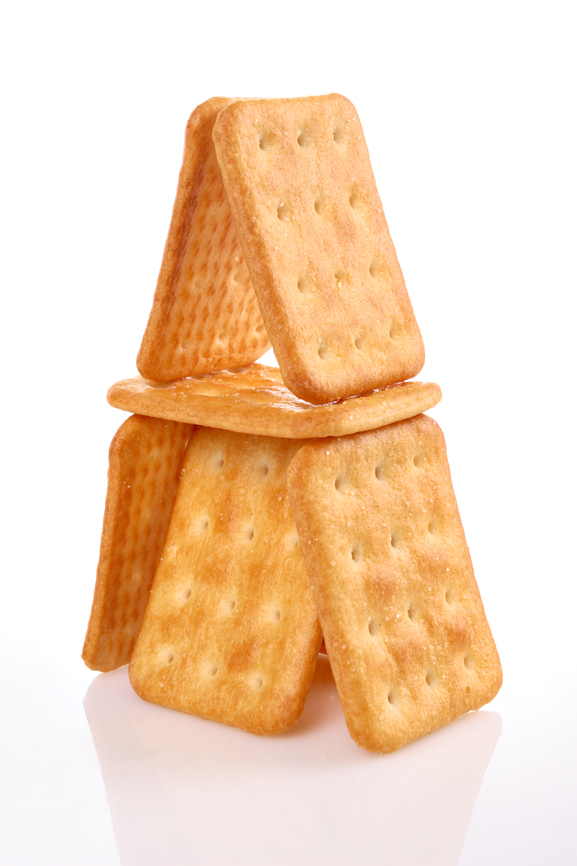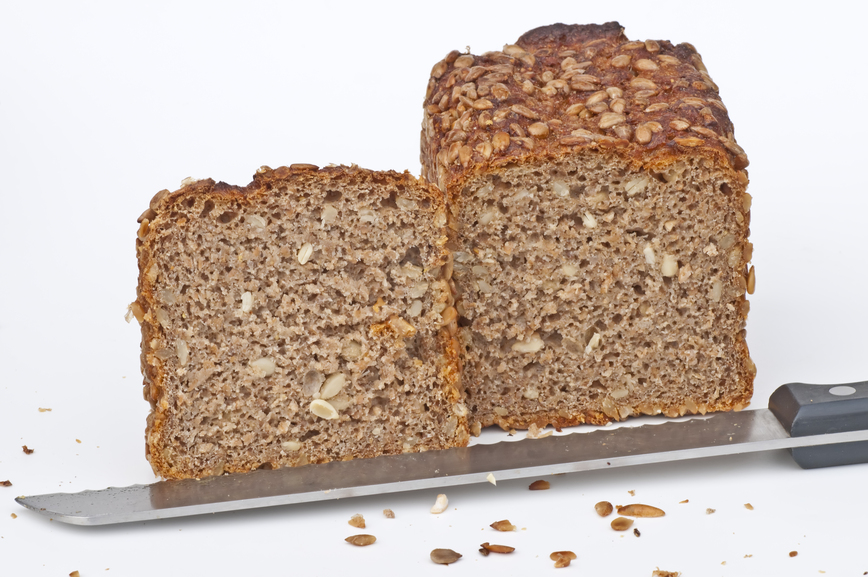White bread and noodles and chips, OH MY!
Don’t worry. I’m not suggesting that you fear these foods as Dorothy feared wild animals. But upping the ante in your grains department can benefit far more than your cholesterol and blood pressure levels, particularly if you’re a writer.
(Psst! A healthy food pyramid does not look like this.)
Most of us have read a book or watched a movie that lacked substance, right? A predictable plot, blase characters or a seemingly pointless climax or resolution can leave us feeling cheated, wanting for more, hungry for it. (God forbid we ever write one!)
Think of refined grains like disappointing stories. The most nutritious parts have been stripped away, leaving us with something grain-like. They may look or taste good, but what do they provide? “Empty calories”—calories (units of energy reaped from food) that lack nutritional substance, i.e., vitamins, minerals, antioxidants, protein and fiber.
While whole grains promote positive energy levels, brain function and appetite control, refined grains leave us wanting for more. They can offset our blood sugar levels, zap our energy and leave less room in our diets for nutritious fare, making way for nutrient deficiencies.
Whole grains provide significant amounts of B-vitamins, zinc, magnesium, iron, vitamin E and copper. Deficiencies of any one of these nutrients can cause foggy thinking, poor memory, low moods and a slew of other health problems. And Americans as a whole consume less one-third of the minimum daily amount recommended by theU.S. Dietary Guidelines for Americans. (Perhaps that means we’re all foggy. Hmm…)
Here’s the good news: Swapping refined grains out for whole grains takes care of these dilemmas. And it’s not as difficult as it may sound.
In a study published in the “Journal of Nutrition” in Aug. 2009, researchers analyzed the effects of a nutritious diet, rich in whole grains, on the brain function of 3,634 adults age 65 or younger. A strong, positive link was found between nutritious diets and sharp cognitive abilities.
What does all of this mean for us writing-folk? Eating primarily whole grains can help ensure sharp thinking, creativity and revision skills.
Tips to get you started:
- Most adults need at least three 1-oz servings of whole grains per day for general health. Although math isn’t my strong suit, it seems pretty obvious that one or more servings with each meal cuts it. At breakfast, have whole grain bread or cereal. For lunch, a sandwich on whole grain bread. With dinner, enjoy brown rice or whole wheat spaghetti. Badda bing! Three-plus servings.
- Look for “100 percent whole grain” labels on prepared breads, pasta, crackers, cereals and rice dishes. If the word “whole” is first on the ingredients list, you’re likely on the right track.
- Seek substitutes. What’s your favorite refined food? Brownies? Cookies? Chips? All of these foods are available in whole grain form. I make my own whole grain cookies and chips, but I’m on the far end of foodie-ism. If you enjoy baking, use stoneground whole wheat or white whole wheat flour instead of white or add oats in place of half of the flour.
- Don’t go crazy with it. Not every grain that passes your lips must be whole. The DGA recommends that at least half of your grains derive from whole sources. More is better, but not necessary.
- PBJ on 100 percent whole grain bread
- Scrambled egg and veggies on a whole wheat English muffin
- Old-fashioned oatmeal topped with fresh berries and yogurt
- Homemade oatmeal raisin (or “craisin”) cookies
- Bean burritos served in whole grain tortillas
- Brown rice pudding…YUM!
- Whole wheat pasta topped with tomato sauce and seasoned, diced tomatoes
- Grilled fish, meat or tofu served on brown rice and veggie pilaf
- Scrambled eggs or tofu, with quinoa mixed in
- Popcorn seasoned with natural herbs or spices




Unfortunately, many writers get their grain calories through fermented malts, if you know what I mean. Thanks for sharing this sage advice for writers, August. You have my wishes for continued success with your work.
Excellent point, Raul… I should address that aspect of writers’ diets at some point, too. Thanks for the inspiration and, as always, for your support. Eager to read your latest book!
I loved this blog August! So informative and I will get right on this! Thank you! India
x
Love this blog, August. I can personally attest to the power of whole grains. For the most part, I don’t eat refined flours or sugars. But now and then, a scrumptious goodie will beacon me and stir ecstatic memories of gastronomical delights of my childhood, and I’ll think, “Ok. Just one. One isn’t that big of a deal.” So I will eat that delectable chocolate almond croissant topped with an old-fashioned sour cream donut. It’s like a sleeping pill that doesn’t let me sleep for three days.
Our bodies get so happy not being stuffed with trash that they rebel on that “Just this time” occasion. That part kind of sucks, but the fact that I’m far more productive and creative when I stay away from refined anything is awesome. I could not be a writer if I still ate refined flours and sugars on a regular basis, and that’s just the truth. I know Kristen Lamb would say the same.
Great post, August.
I recently changed my diet to remove most non whole-grain carbs from my diet, and I’ve noticed a huge boost in my ability to focus and concentrate. Not only did I cut processed carbs, but I specifically added whole-grains to my diet. I eat Sprouts (a local grocery) all natural flatbread whole grain crackers daily. I didn’t realize the connection until reading this post.
One thing I found is that you have to be careful when buying whole-grain products. Many crackers and breads are labeled as 5-grain, wheat, grain, etc… A lot of them are not whole-grain, they just add grains to the processed white flower. Always read the ingredients before buying. If the first two or three ingredients aren’t whole grains, you should pick a different product. Also look out for sugar and corn syrup. You can have whole-grain products with lots of sugar.